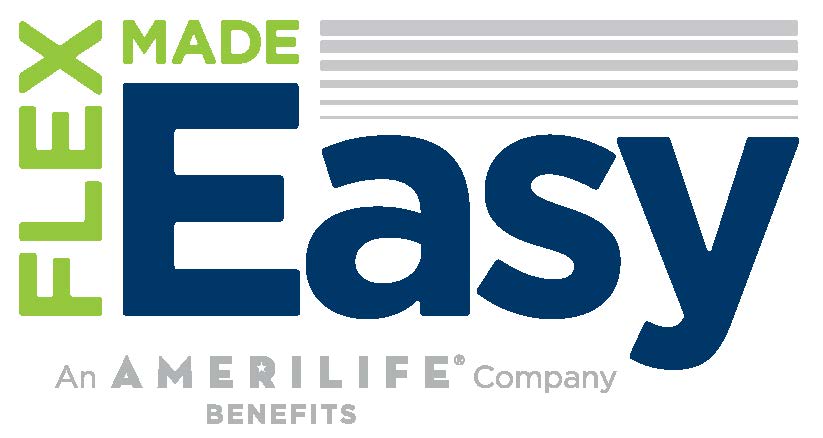Health Savings Account
The Health Savings Account (HSA) is an individually owned account that lets you set aside money on a pre-tax basis (which lowers your taxable income) to pay for qualified medical, dental and vision expenses.
You can use the funds in an HSA at any time to pay for qualified medical expenses, or you can save the money for future expenses. You own the account and the money is yours to use now or save and grow. The money rolls over from year to year and you never lose or forfeit the balance.
You may open and contribute to an HSA only if you are enrolled in a qualified High Deductible Health Plan (HDHP) and meet other qualifications.
The HDHP plan, when linked with an HSA account can offer members the following advantages that are unique to this plan pairing:
- Employer/employee contributions to your HSA account, not to exceed $4,150 (self), or $8,300 (family) annually.
- Potential savings on eligible health expenses of up to 25% or more, as funds are deposited on a pretax basis.
- Funds not spent during the plan year are yours to keep, and rollover from year-to-year.
- While HSA contributions cannot exceed a designated amount annually, the account balance potential is limitless.
- Investment opportunities with HSA funds in a variety of mutual funds.
REMINDERS:
- You must enroll in the Blue Cross, HDHP medical plan to open an HSA account.
- If you have an HSA account, you cannot have an FSA (only the limited purpose FSA is available for dental and vision, eligible expenses).
- You cannot have an HSA account if you are covered under Medicare.
- Our partners at The Miller Group can help with any account questions you may have.
2024 IRS Maximum Contributions |
|
|---|---|
Individual |
$4,150 |
Family |
$8,300 |
Catch-up for ages 55+ |
$1,000 |
2024 HSA Contributions from Bert Nash |
|
|---|---|
Individual (existing) |
$1,000 |
Individual (new) |
$1,000 |
Individual+dependents (existing) |
$1,500 |
Individual+dependents (new) |
$1,750 |

